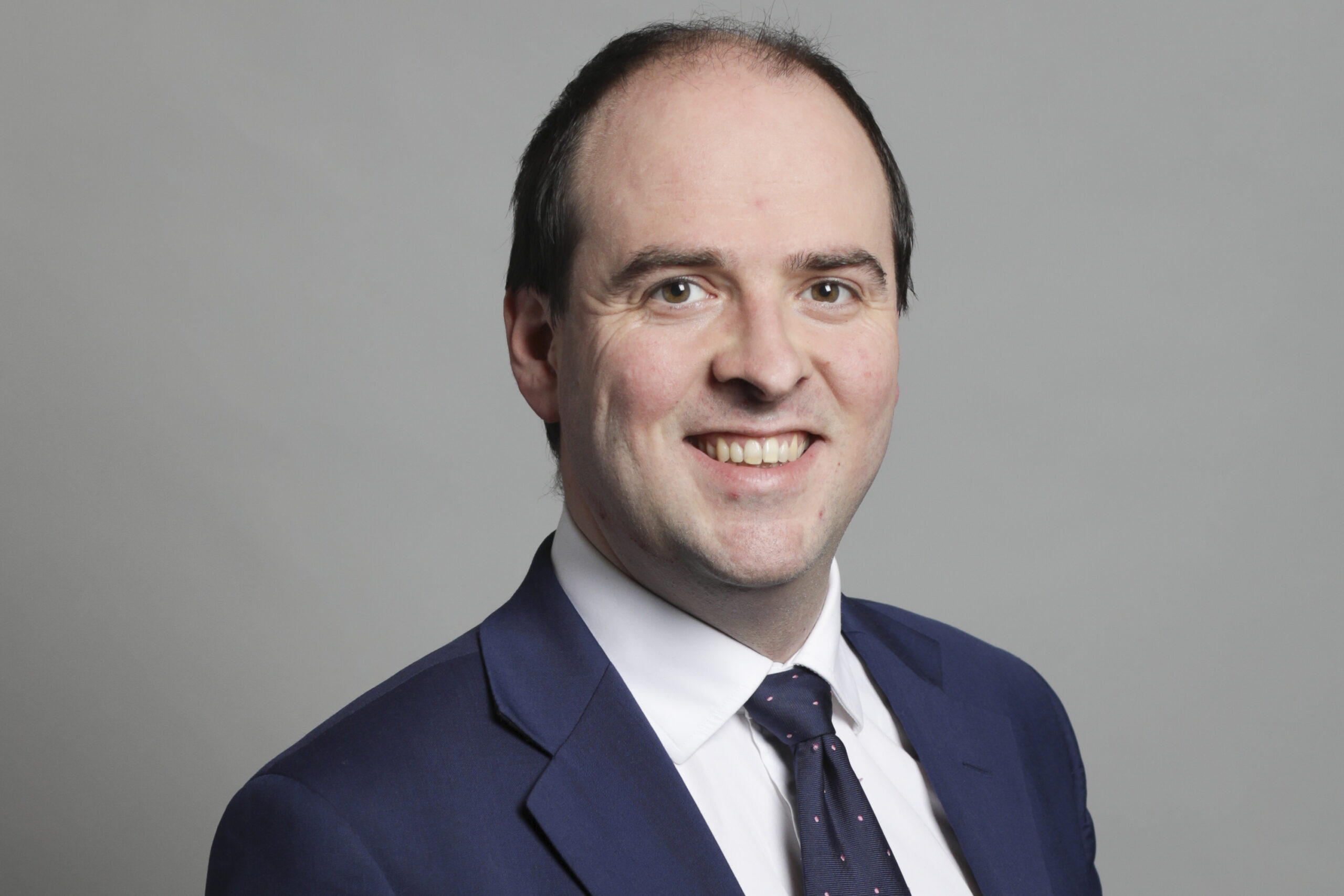I never imagined I’d lead a campaign to ban cousin marriage. Like many, I was unaware of its prevalence and impact until professional warnings and mounting public concern landed on my desk. That reality changed everything.
In parts of Britain, particularly in some British-Pakistani and, to a lesser extent, traveller communities, cousin marriage is not an exception but the norm. Over time, it has become entrenched, normalised by tradition and habit, and protected by a culture of silence. And that silence hasn’t been passive. It has been a calculated decision by those in power, worried that to challenge this issue would be labelled racist. But real harm has followed that silence: social, medical, and human.
In some areas, more than half of all mothers of Pakistani heritage are married to a first or second cousin. These aren’t simply private decisions made by consenting adults. Many such marriages are agreed years in advance, enforced by family expectations, and defended as cultural necessity. Where cousin marriage is widespread, social mobility stagnates, coercion becomes routine, and public accountability breaks down. Employment, marriage, and even dispute resolution remain confined within extended families. Trust in institutions frays, integration suffers, and real opportunity vanishes.
From that vacuum emerge the community leaders, often unelected and unaccountable, who derive their authority from familial networks, become gatekeepers for those people and communities. We saw the damage this structure could cause during the grooming gang scandals. Offenders were frequently bound not only by friendship but by blood. A network of brothers, cousins, and uncles created a wall of silence that obstructed justice.
This is no accidental flaw; the structure is designed to function this way. When blood ties and deep interdependence are prioritised above transparency, the result is a culture that actively suppresses disclosure and shields wrongdoing. The accusations of bigotry directed at those raising these concerns echo the same tactics used to silence grooming gang whistle-blowers. Smearing people into silence serves only to allow the harm to continue unchecked.
Some suggest that raising this topic is a form of prejudice. That’s not just wrong, it deals an intolerable injustice to victims. There is nothing racist about standing up for liberty, accountability, and better outcomes. What is racist is assuming children in Bradford or Luton should accept futures defined by bloodline, while others enjoy freedom of choice.
Interestingly, a recent YouGov poll found that most Britons, including a majority of respondents of Pakistani and Bangladeshi heritage, believe cousin marriage should be banned. Racism does not lie in questioning the practice. It lies in propping up a system that many within those communities themselves want changed. And when even those affected by a practice say enough is enough, we have a duty to listen. They are not asking for pity or tokenism but for laws that reflect fairness, liberty, and modern expectations.
This month, I introduced the Marriage (Prohibited Degrees of Relationship) Bill, a piece of legislation aimed at reinstating a safeguard that existed in British law for centuries. It is not radical. It would simply bring us in line with countries like Denmark and Norway. The goal here is not to interfere in people’s lives, but to ensure the conditions exist for freedom and informed consent, especially for young women, who are so often denied the opportunity to shape their own futures.
Last week in Parliament, I led a Westminster Hall debate to press the case. Ministers are beginning to listen, not because the system is working, but because it is being made to. Calls for reform do not come from meddling outsiders. Often, they come from those within the affected communities who are tired of seeing suffering passed off as tradition. Parliament’s job is not to provide cover for customs that corrode liberty and damage lives. Its duty is to protect the vulnerable and speak plainly, even when it’s uncomfortable. A modern country must not turn a blind eye to systemic harms, especially when change is not only possible but long overdue.
There is no shame in moral clarity. It reflects the courage to confront difficult truths and the resolve to defend those most at risk. Challenging harmful traditions is not about creating division; it is about upholding justice and ensuring that every individual, regardless of background, benefits from the same freedoms and protections.

The Rt Hon Mr Richard Holden MP
The Rt Hon Mr Richard Holden is the Conservative MP for Basildon and Billericay, and was first elected in December 2019. He currently undertakes the roles of Opposition Whip (Commons), and Shadow Paymaster General.

